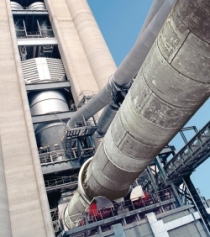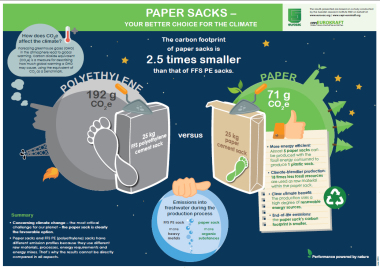Burden of the German Renewable Energy Sources Act threatens cement industry
The German Renewable Energy Sources Act (EEG) could become a massive threat to production and employment in the German cement industry. The background is the so-called state aid procedure that is currently being initiated by the EU commission, and which could result in an electricity price explosion for energy-intensive production processes. As a consequence, more than half the German cement production would be directly threatened. As a result of cement production plant shutdowns, 20 000 highly-qualified jobs would be lost in the cement industry, as well as in the upstream and downstream sectors. These are the findings of a recent study produced by the EEFA -Research Institute of Muenster, on behalf of the Association of German Cement Works Association (Verein Deutscher Zementwerke (VDZ)).
This study, with the title “Competitive Electricity Costs – a Precondition for Cement Manufacturing in Germany” (Wettbewerbsfähige Stromkosten – Voraussetzung für die Zementherstellung am Standort Deutschland) analysed the consequences of the renewable energy levy for the Germany industry’s competitiveness. If the cement industry is encumbered as a result of the renewable energy levy, this will have a devastating effect on the Nation´s cement producers.
In view of the high proportion of energy costs in the gross value added chain (52 %, made up of 27 % for fuels and 25 % for electrical power) cement manufacturing certainly earns its title of an energy-intensive industry. Electrical power already costs German cement companies € 250 million per year, and is this one of the industry’s greatest production cost factors. If Germany’s special compensation scheme is abolished, the renewable energy levy will result in additional electricity costs costs of around € 220 million in 2014 alone, which is almost double the previous expense.
The study can be called up on the website of www.vdz-online.de.



